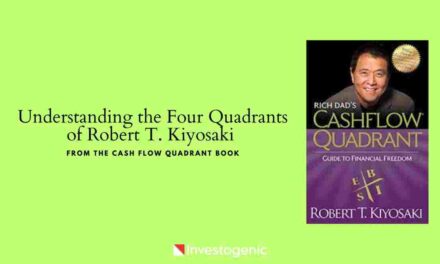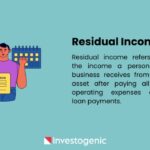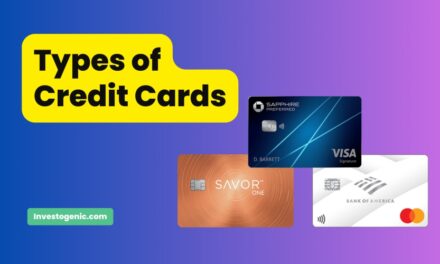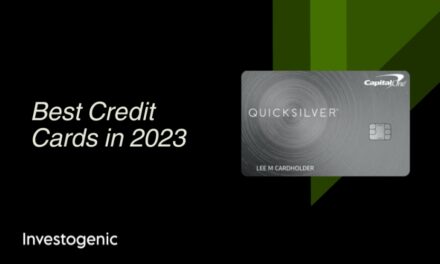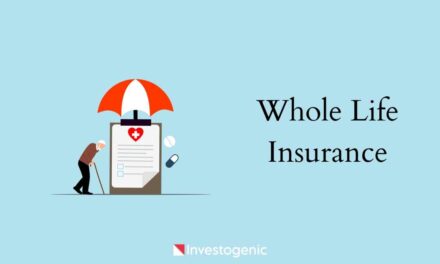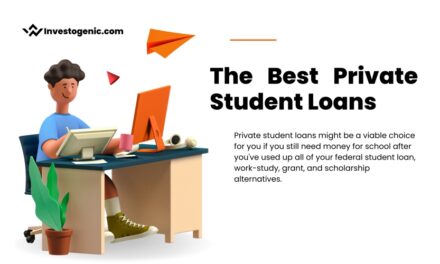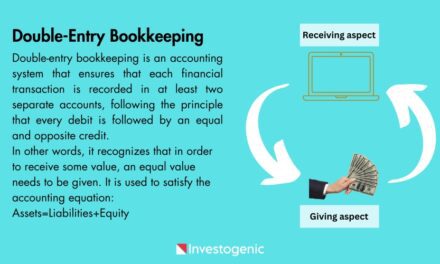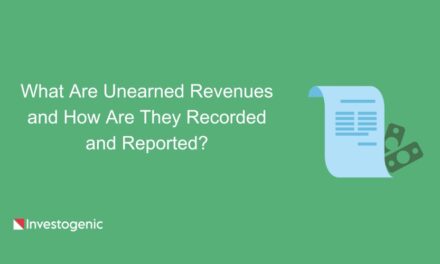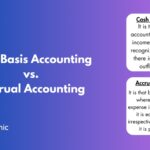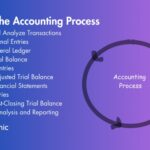
The Best Private Student Loans
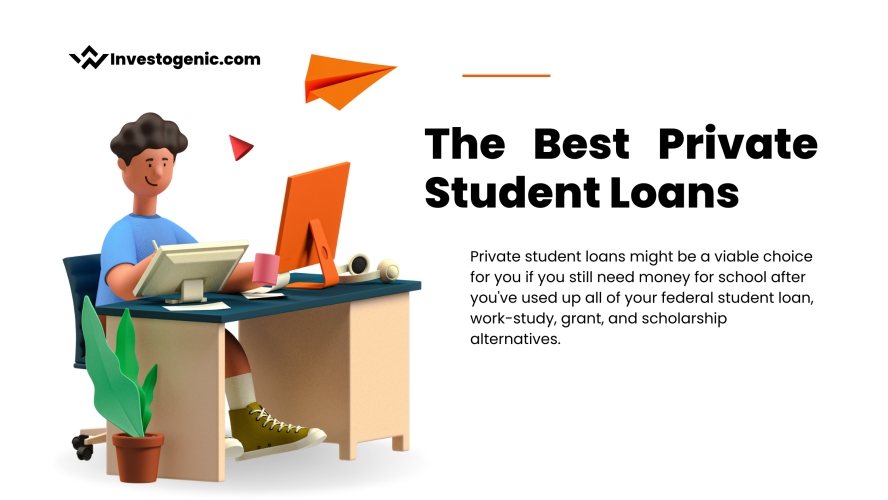
The Best Private Student Loans: Private student loans might be a viable choice for you if you still need money for school after you’ve used up all of your federal student loan, work-study, grant, and scholarship alternatives.
Private loans are more costly, and they usually lack the flexible repayment choices available to their federal equivalents. Federal student loans are, in the vast majority of circumstances, the best option for funding education. But Federal student loans are only available to eligible non-citizens and U.S. citizens; however, they have certain benefits over private loans. Therefore, the best option for many international students to pay for college is through a private student loan.
To assist you in reducing the number of options on your list, we have included the best private student loans in this post.
Rhode Island Student Loan Authority

| VARIABLE RATES (APR) | N.A. |
| FIXED RATES (APR) | 4.45% to 8.99% |
| LOAN AMOUNT | $1,500 to $45,000 per year ($150,000 aggregate per borrower) |
| REPAYMENT TERMS | 10 or 15 years |
Why We Picked It
- The Rhode Island Student Loan Authority, better known as RISLA, offers two different types of loans to graduate students nationwide. Each loan comes with its own fixed interest rate.
- One loan has an immediate repayment requirement.
- Others allow you to postpone payments until six months after you graduate.
- It’s simple to compare RISLA loans with other loans you’ve qualified for because everyone who meets the requirements for each loan type receives the same rate.
- Repayment plans that cap payments at 15% of income for a 25-year term are only available from RISLA, one of the few private lenders for borrowers who find it difficult to pay back their loans after graduation.
Eligibility Requirements
- Applicants must show a minimum income of $40,000 per year.
- The applicant must have a minimum credit score of 680.
- Most undergraduate students will need a co-signer to qualify.
Pros & Cons
| 🟢Pros | 🔴Cons |
|---|---|
| ☑ Income-based repayment plans are offered. | ☒ For overseas students, there are none. |
| ☑ Low interest rate | |
| ☑ After graduating, nurses pay no interest for 48 months. |
College Ave
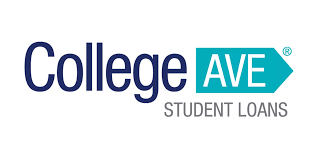
| VARIABLE RATES (APR) | 5.29% to 16.99% |
| FIXED RATES (APR) | 4.42% to 16.99% |
| LOAN AMOUNT | $1,000 up to 100% of the school-certified cost of attendance |
| REPAYMENT TERMS | 5, 8, 10, 15 and 20 years |
Why We Picked It
- Borrowers can choose an eight-year term with College Ave loans, in addition to the typical 5, 10, and 15-year terms offered by many lenders.
- Borrowers on College Ave loans can also take advantage of an extended six-month grace period beyond the initial payment-free six months after leaving school.
Eligibility Requirements
Applicants must have a minimum credit score in the mid-600s.
Pros & Cons
| 🟢Pros | 🔴Cons |
|---|---|
| ☑ Interest rate estimates are easily available. | ☒ Relatively high APR |
| ☑ Long time period (210 days) before unpaid loans go into default |
SoFi

| VARIABLE RATES (APR) | 5.49% to 13.97% with autopay and rate sale discount |
| FIXED RATES (APR) | 4.44% to 14.70% with autopay and rate sale discount |
| LOAN AMOUNT | $5,000 to total cost of attendance |
| REPAYMENT TERMS | 5, 7, 10 and 15 years |
Why We Picked It
- SoFi made a name for itself in 2012 as the first company to refinance both federal and private student loans. Since then, it has expanded into nearly all consumer lending markets, with over $73 billion in loans funded.
- SoFi’s undergraduate student loan product offers mostly industry-standard features plus a few perks: no late fees, an interest rate discount of 0.125% if your co-signer already uses another SoFi product, and job search help through its career team.
Eligibility Requirements
Does not disclose credit score or income requirements
Pros & Cons
| 🟢Pros | 🔴Cons |
|---|---|
| ☑ No late fees | ☒ Relatively high APR |
| ☑ Interest rate estimates are easily available. | |
| ☑ Having access to SoFi member benefits, such as career guidance |
Ascent
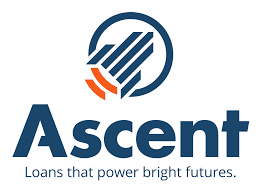
| VARIABLE RATES (APR) | 5.94% to 15.83% |
| FIXED RATES (APR) | 4.48% to 15.51% |
| LOAN AMOUNT | $2,001 to $200,000 |
| REPAYMENT TERMS | 5, 7, 10, 12, or 15 years |
Why We Picked It
- Ascent is an online student loan lender whose offering is unique compared to other lenders because it offers multiple different options. These options include a traditional cosigned loan, a non-cosigned credit-based loan, and a non-cosigned future income-based loan.
- With Ascent loans, borrowers have the option of a progressive repayment plan, which starts with a less monthly amount and gradually raises it. For recent grads, who will probably earn more money as they advance in their jobs, it can be helpful.
- If borrowers are going through a brief financial hardship, they may also suspend payments for a maximum of 24 months, one to three months at a time.
Eligibility Requirements
- If a co-signer has good credit, student borrowers without credit history may be eligible.
- Co-signers must meet a minimum credit score, which Ascent does not disclose.
- Co-signers must show an income of at least $24,000 for the current and previous years.
Pros & Cons
| 🟢Pros | 🔴Cons |
|---|---|
| ☑ Ascent offers multiple options, including a traditional cosigned loan, a non-cosigned credit-based loan, and a non-cosigned future income-based loan. | ☒ APR maximum is greater than 10%. |
| ☑ Interest rate estimates are easily available. | ☒ It also charge late fees. |
| ☑ International students can qualify with a co-signer who has U.S. citizenship or permanent residency |
Discover

| VARIABLE RATES (APR) | 6.37% to 16.62% |
| FIXED RATES (APR) | 4.49% to 14.99% |
| LOAN AMOUNT | $1,000 up to total cost of attendance |
| REPAYMENT TERMS | 15 years |
Why We Picked It
- Discover charges no late fees on its private student loans.
- Discover provides an interest rate discount if borrowers choose to pay the interest on the loan as it accrues while they’re in school.
Eligibility Requirements
Discover does not disclose its minimum credit score or income requirements. (According to the company’s 2019 report, 94% of all borrowers for private loans had a FICO score of 660 or better)
Pros & Cons
| 🟢Pros | 🔴Cons |
|---|---|
| ☑ Discover Loan borrowers with a 3.0 GPA or higher can earn 1% of their loan amount in cash rewards. | ☒ There is no co-signer release program available. |
| ☑ Various alternatives for repaying debt are available due to financial difficulty. | |
| ☑ International students can qualify with a co-signer who has U.S. citizenship or permanent residency |
Earnest

| VARIABLE RATES (APR) | 5.39% to 16.20% |
| FIXED RATES (APR) | 4.42% to 15.90% |
| LOAN AMOUNT | $1,000 – 100% of certified costs |
| REPAYMENT TERMS | 5, 7, 10, 12, or 15 years |
Why We Picked It
- The main benefit of taking out a loan from Earnest is that there are no fees.
- In addition to no fees, Earnest offers several other benefits, like a longer-than-average grace period and the ability to skip a payment once per year.
- If you have difficulty keeping up with Earnest loan payments, you can get a grace period of up to 12 months or a modified plan that may include a lower interest rate, interest-only payments, or an extended term.
- Available in all states and the District of Columbia (excluding Nevada).
Eligibility Requirements
- Your co-signer needs to have a minimum credit score of 650 and a minimum of three years of credit history.
- Your co-signer must have an annual income of at least $35,000.
- Your co-signer must be a U.S. citizen or permanent resident.
- You must have an SSN or ITIN.
- If you’re an undergraduate student, you must be enrolled at least half-time.
- You have to be enrolled in a four-year, not-for-profit, Title IV-qualified school.
Pros & Cons
| 🟢Pros | 🔴Cons |
|---|---|
| ☑ Allows you to skip a payment once a year | ☒ There is no co-signer release program available. |
| ☑ Earnest offers a nine-month grace period. | ☒ No loans for part-time undergraduate students |
| ☑ No fees of any kind |
Funding U

| VARIABLE RATES (APR) | N/A |
| FIXED RATES (APR) | 7.49% to 12.99% |
| LOAN AMOUNT | $3,000 to $10,000 per year ($50,000 per student aggregate) |
| REPAYMENT TERMS | 10 years |
Why We Picked It
One distinctive feature of Funding U is that it does not base loan decisions on credit history and does not demand co-signers from student borrowers. Loan eligibility is determined by the borrower’s past educational and professional experiences, current coursework, likelihood of graduation, and projected future income.
Eligibility Requirements
- To qualify for a Funding U loan, students must meet GPA requirements and attend colleges that meet a six-year graduation rate threshold based on the student’s year in school.
- For first-year students to be eligible, their high school GPA must be at least 3.5; for second-year students, it must be at least 3.0; for juniors, it must be at least 2.75; and for seniors, it must be at least 2.5.
(Arizona, Arkansas, Colorado, Connecticut, Florida, Georgia, Hawaii, Illinois, Indiana, Kansas, Maryland, Massachusetts, Michigan, Missouri, Nebraska, New Jersey, New Mexico, New York, North Carolina, Ohio, Oregon, Pennsylvania, South Carolina, Tennessee, Texas, Vermont, Virginia, West Virginia, and Wisconsin are the only states where borrowers may apply.)
Pros & Cons
| 🟢Pros | 🔴Cons |
|---|---|
| ☑ Co-signer not required | ☒ Only a 10-year term loan option is available. |
| ☑ Interest rate estimates are easily available. | ☒ No options for international students |
| ☑ No late fees |
Credible
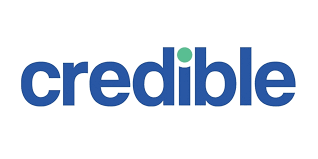
| VARIABLE RATES (APR) | Varies by lender |
| FIXED RATES (APR) | Varies by lender |
| LOAN AMOUNT | $1,000 – 100% of certified costs |
| REPAYMENT TERMS | Varies by lender |
Why We Picked It
- Credible does not provide student loans. Rather, it provides consumers with a free comparison tool where they can quickly complete an online application and assess real pre-qualified rates from lenders it works with.
- Both Credible and its partner lenders do not impose origination or prepayment penalties in exchange for their services. They might, though, impose late fees. It may be worthwhile to investigate any interest rate discounts they may be offering.
Eligibility Requirements
- Applicant must be a U.S. citizen or permanent resident or an international student with a U.S. address and a co-signer who is a U.S. citizen or permanent resident.
- The applicant or applicant’s co-signer must have a qualifying credit score.
- Additional requirements may vary depending on the lender.
Pros & Cons
| 🟢Pros | 🔴Cons |
|---|---|
| ☑ Doesn’t require an application fee or a hard credit check | ☒ Doesn’t collaborate with every big lender |
| ☑ Partners with eight different lenders |
Citizens Bank

| VARIABLE RATES (APR) | 5.57% to 13.76% |
| FIXED RATES (APR) | 4.43% to 12.57% |
| LOAN AMOUNT | $1,000 up to $150,000 total over the course of your undergraduate education |
| REPAYMENT TERMS | 5, 10 and 15 years |
Why We Picked It
- Citizens Bank offers several different types of graduate student loans, making it easier to find one that fits your needs.
- The Citizens Bank gives a 0.25% interest rate discount for automated payments in addition to a 0.25% rate discount if, at the time of application, you or your co-signer hold a qualifying Citizens Bank account.
- Citizens Bank also offers multi-year approval, so you don’t have to submit an official application every year.
- Loans are available in all 50 states.
Eligibility Requirements
- Does not disclose credit score or income requirements.
- You have to be enrolled in a degree-granting program at an approved institution for at least half of the period.
- You cannot have any prior student loan defaults.
- The co-signer needs to have a decent credit history, but Citizens Bank doesn’t specify what that means.
- A creditworthy co-signer who is a citizen or permanent resident of the United States is required for international students.
Pros & Cons
| 🟢Pros | 🔴Cons |
|---|---|
| ☑ Citizens Bank allows borrowers to get multi-year approval. | ☒ This is not available for part-time students. |
| ☑ Citizens Bank offers a loyalty discount for existing customers. | ☒ There is no pre-qualification option available. |
| ☑ Co-signer release is available | ☒ Co-signer release after 36 months |
Learn more: The Best Student Loan Refinance Lenders In 2023
A.M. Money

| VARIABLE RATES (APR) | N/A |
| FIXED RATES (APR) | 7.53% to 8.85% |
| LOAN AMOUNT | $2,001 to total cost of attendance, up to a $50,000 cap |
| REPAYMENT TERMS | 10 years |
Why We Picked It
- A.M. Money offers loans based on the applicant’s educational background and GPA, not their credit.
- A.M Money offers income-based repayment plans of up to 36 months for borrowers who need it. The minimum monthly payment on the plan is $50.
- A.M. Money levies an origination fee of 4.5%, and unless state law specifies differently, loans that are not repaid default 14 days earlier than those of most other lenders.
Eligibility Requirements
- A.M. Money offers loans based on merit, so there are no credit or income requirements.
- Students have to attend one of the many Midwest-based qualifying schools. For now, though, A.M. Money advises potential applicant to apply even if their school isn’t on the list.
Pros & Cons
| 🟢Pros | 🔴Cons |
|---|---|
| ☑ No late fees | ☒ Lender charges 4.5% origination fee. |
| ☑ The company does not allow co-signers. | |
| ☑ Income-based repayment available |

